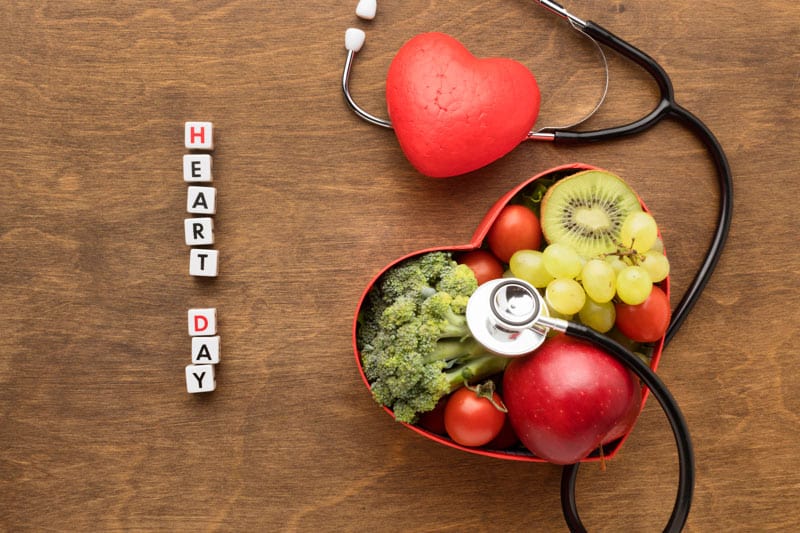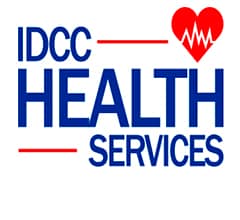Picture this: You’ve got a cardiology appointment tomorrow in Brooklyn, and suddenly, a question pops into your mind, “Can I eat before my cardiology appointment?” Stay with me, because not only will I answer that question, but I’ll also shed light on what to expect from your visit. And if you’re curious about where to find cardiology doctors in Brooklyn, NY, I’ve got you covered there too!
A cardiologist near me, here you can find one.

Is it Possible to Eat Before a Cardiology Appointment?
For most cardiology appointments, you can eat and drink as you normally would. However, there are exceptions depending on the tests you’re scheduled for. If there are any restrictions, your doctor or the clinic will inform you in advance.
The Exceptions
- Fasting Tests: Some tests, like cholesterol tests or glucose tests, require you to fast for several hours beforehand. In such cases, you’d be advised not to eat or drink anything except water.
- Stress Tests: If you’re having a treadmill stress test, you might be asked to avoid heavy meals for a couple of hours before the test.
Always remember to follow the guidelines provided by your clinic or doctor. When in doubt, give them a call.
How Poor Diet Leads to Heart Disease: Insights from the American Heart Association
According to the American Heart Association, poor diet is a primary cause of heart attacks. Many everyday foods adversely affect our heart muscle, potentially leading to myocardial infarction over time. This article highlights some key dietary culprits and offers guidance on healthier eating choices to support cardiovascular health.
Red Meat and Cardiovascular Risk
One major threat to heart health is the consumption of red meat. The danger lies in a substance called trimethylamine N-oxide (TMAO), which is produced when gut bacteria digest red meat. High levels of TMAO are associated with an increased risk of cardiovascular diseases. Experts recommend limiting red meat intake to no more than twice a week to mitigate this risk.
The High Salts of Concern
Excessive salt intake is another significant risk factor. The World Health Organization advises a maximum daily intake of 5 grams of salt (about one teaspoon). Consuming more can dramatically increase blood pressure, forcing the heart to work harder and potentially leading to heart failure.
Energy Drinks: A Growing Threat
The consumption of energy drinks has been rising, worrying health professionals due to their high sugar and caffeine content. Regular consumption can increase heart contraction strength, potentially leading to cardiac hypertrophy. This condition involves the enlargement of the heart muscle, reducing its ability to pump blood efficiently.
Cheese and Saturated Fats
Cheese is another food that, while nutritious due to its content of fat-soluble vitamins, is high in saturated fats. For example, 100 grams of cheese can contain about 25 grams of saturated fats and 450 kilocalories. Healthier options include fresh cheeses, which generally contain less fat than aged varieties.
Fried Foods and Cardiovascular Health
Fried foods, rich in unhealthy saturated fats due to the cooking process, stick to the inner walls of blood vessels and can lead to arterial blockages. Avoiding fried foods, such as pre-cooked meals and fries, is crucial for maintaining heart health.
Butter: A Common Yet Dangerous Ingredient
Frequently overlooked, butter contains high levels of some of the most harmful saturated fats. Replacing butter with healthier fats, such as olive oil, can significantly reduce the risk of arterial obstruction and other heart-related issues.
Managing dietary intake is crucial for preventing heart disease. Making informed choices about what to eat can substantially reduce the risk of heart attacks and improve overall cardiovascular health.
Wrapping Up
By now, not only do you know about eating before your cardiology appointment, but you’ve also got a head start on finding a cardiologist in Brooklyn. Remember, communication is key. Whenever you’re unsure about any instructions, it’s always best to reach out to your healthcare provider. They’re there to help and ensure you get the best care possible. Safe and informed visits to the cardiologist are always the way to go!
